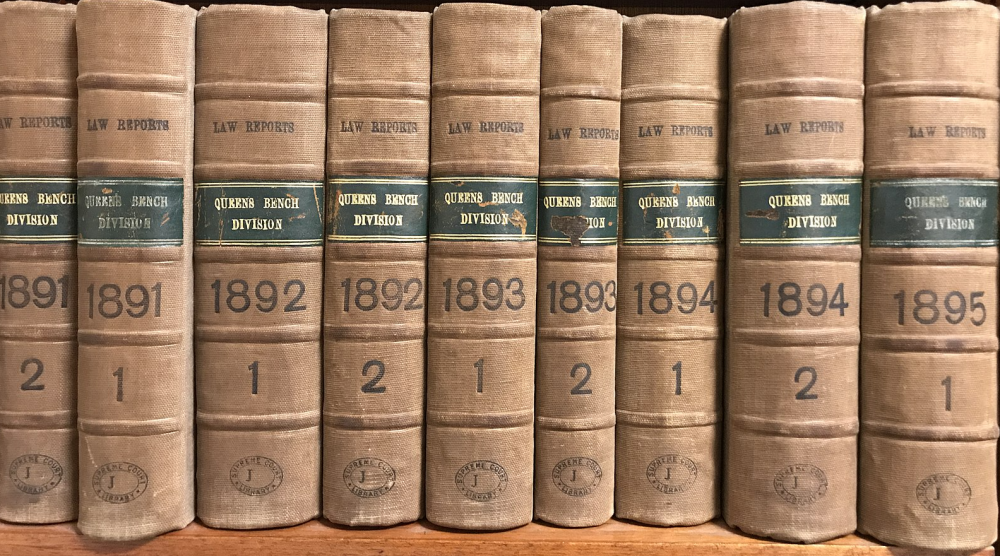West Midland Baptist (Trust) Assn v Birmingham
|
The Jolly Contrarian Law Reports
Our own, snippy, in-house court reporting service.
|
On the question of whether, a court having suddenly realised that it had been wrong about the common law for decades, could agree to uphold its new correct understanding of the same prospectively only. A question thrown into sharp relief by the Lehman insolvency, and in particular Re Spectrum Plus.
No, as it turned out.
The traditional approach was stated crisply by Lord Reid in West Midland Baptist (Trust) Assn v Birmingham [1970] AC 874, 898-899, a case concerning compulsory acquisition:
- “We cannot say that the law was one thing yesterday but is to be something different tomorrow. If we decide that [the existing rule] is wrong we must decide that it always has been wrong, and that would mean that in many completed transactions owners have received too little compensation. But that often happens when an existing decision is reversed.”
Later on, Lord Nicholls said:
- “Whatever its faults the retrospective application of court rulings is straightforward. Prospective overruling creates problems of discrimination. Born out of a laudable wish to mitigate the seeming unfairness of a retrospective change in the law, prospective overruling can beget unfairness of its own.
- “This is most marked in criminal cases, where ‘pure’ prospective overruling would leave a successful defendant languishing in prison.”
While the court didn’t rule out the idea of prospective overruling —“‘Never say never’ is a wise judicial precept, in the interests of all citizens of the country” — this present case was “miles away from the exceptional category in which alone prospective overruling would be legitimate”.
Goedel’s undecidability applied to the common law
This question — should a “newly decided” thread of common law apply to human affairs pre-dating its development, and constructed in direct contemplation of prevailing common law principles which, later, turn out to be wrong? — articulates the same paradox by which Kurt Gödel buggered up David Hilbert’s aspiration to describe a complete and consistent set of all mathematic axioms.
Bear in mind the starting presumption: the common law is not judge-made, but judge discovered. Judges are merely expert scupltors, revealing the platonic details of the law as Michelangelo did when carving David from a marble block. Like David, the law was always there, encased in that block of — what? Semantic confusion? White noise? — it just took a craftsperson of sufficient skill and enlightenment to reveal it.
Bear in mind another, apparently consistent presumption: a fundamental value of the law is certainty. Merchants need to know, moment to moment, that the legal foundations underpinning their commercial arrangements are not liable to shift. Hence while statutes are transparently the creature of men and women in a chamber, they will not, without the gravest of justifications, be applied retrospectively. But the common law does not suffer from legislative fickleness: it is unchanging, for all times and for all men and all women.
But judges, however excellent, are human. It is not beyond their powers to make a bish of things. So, what to do?
